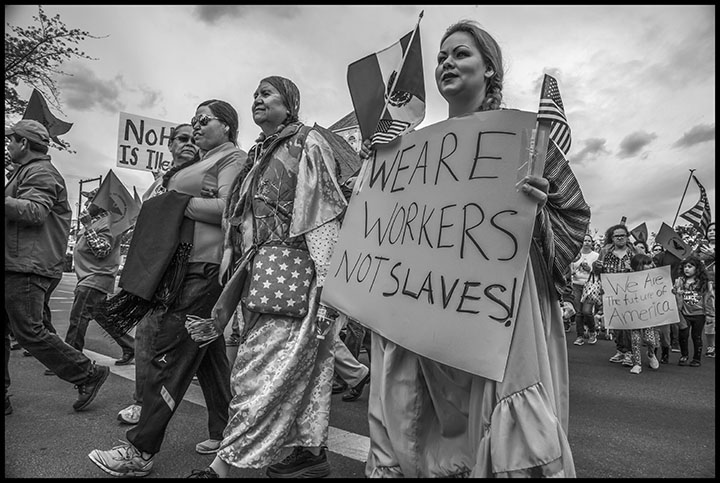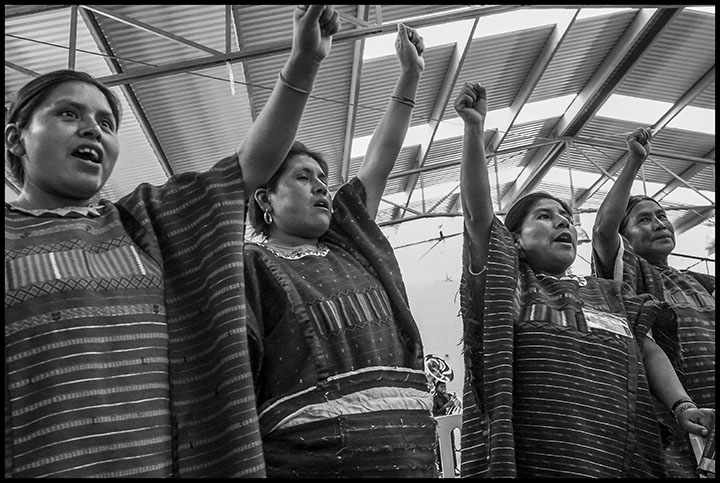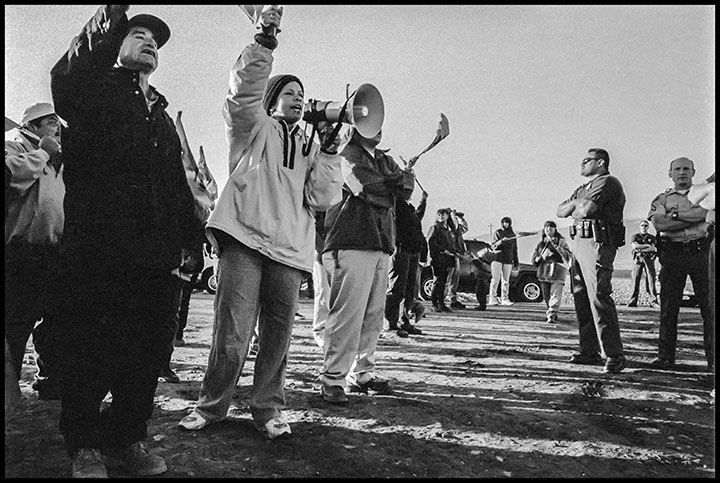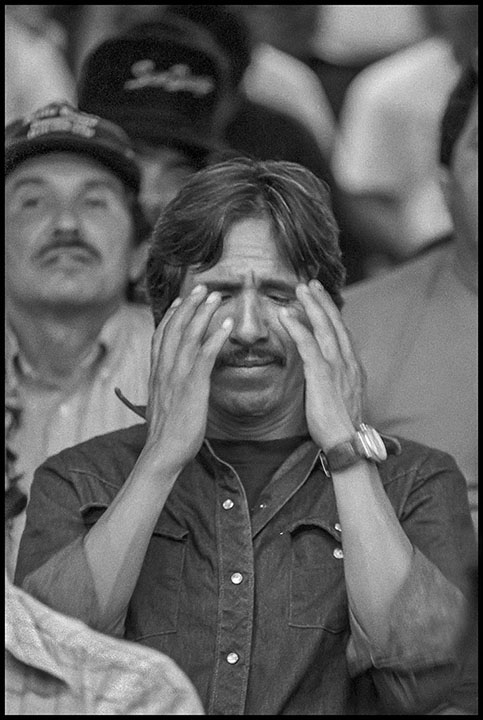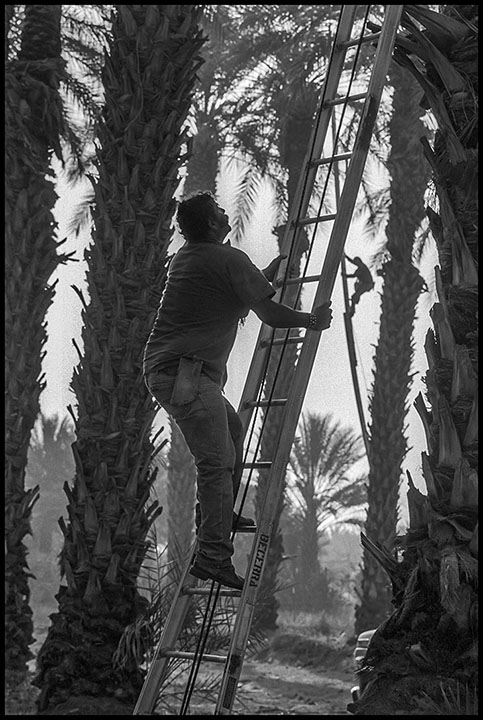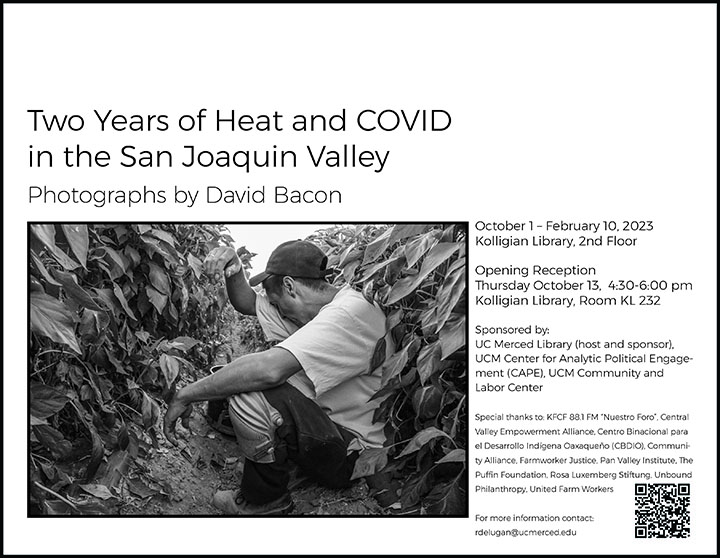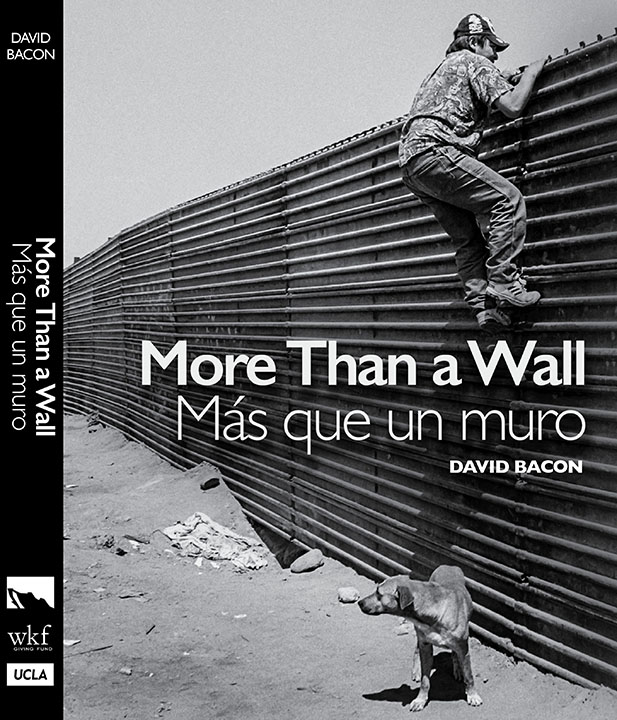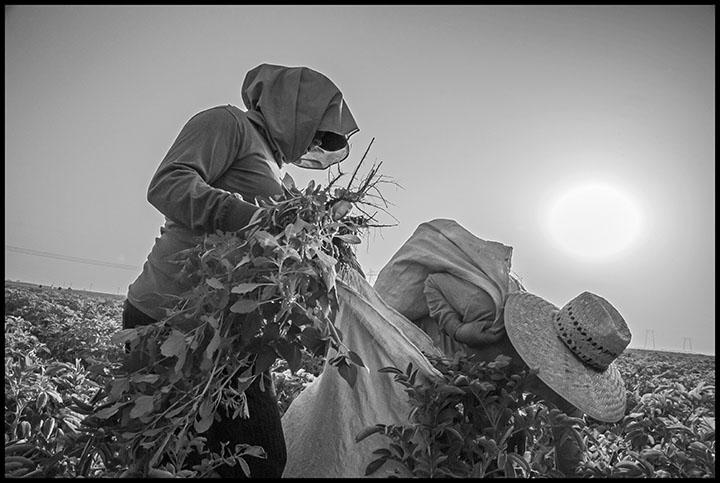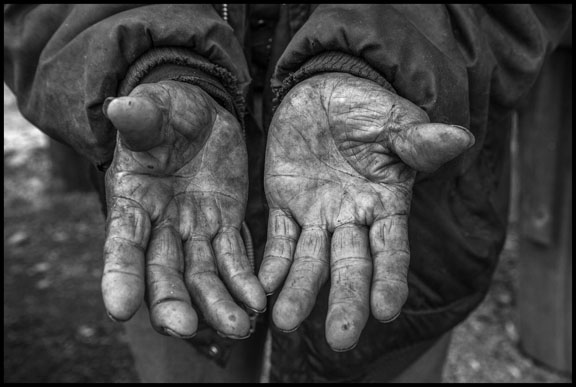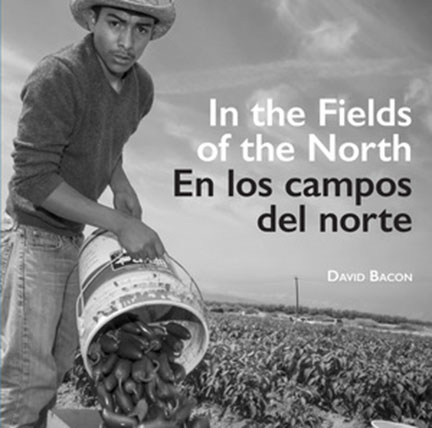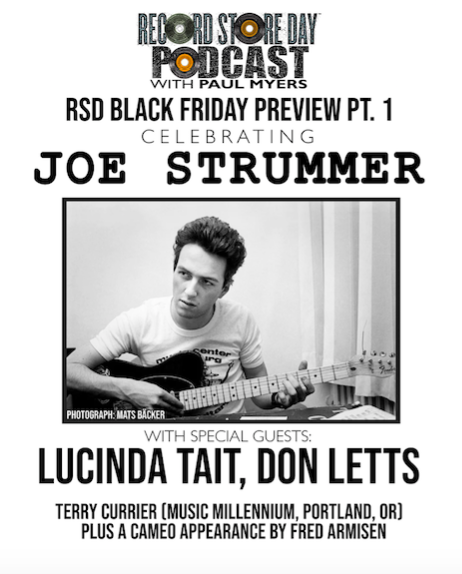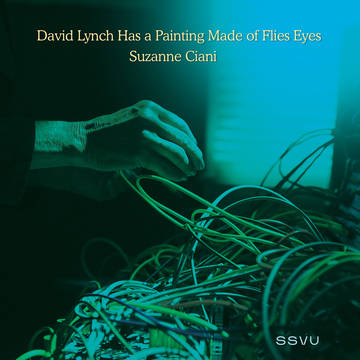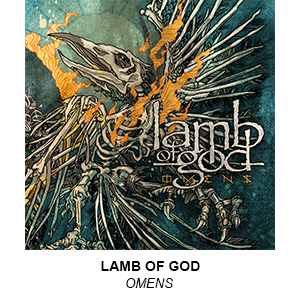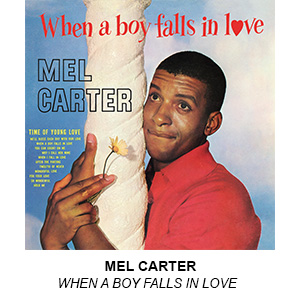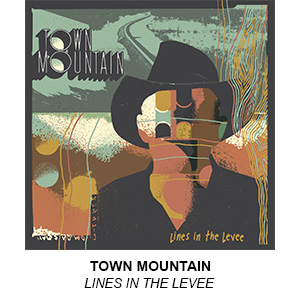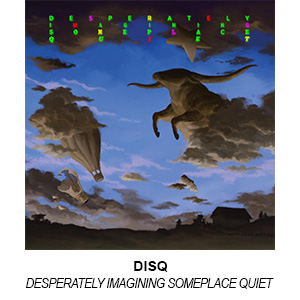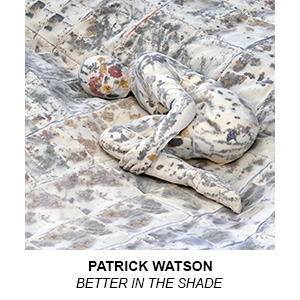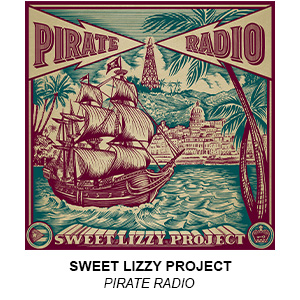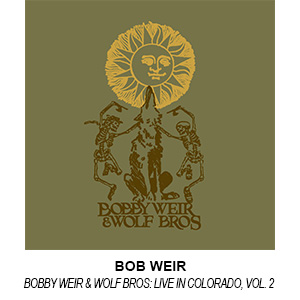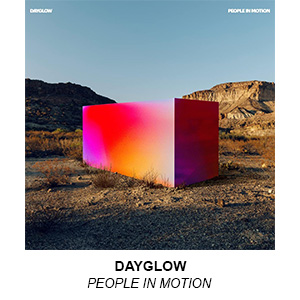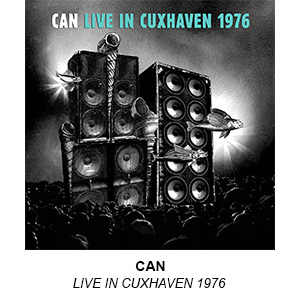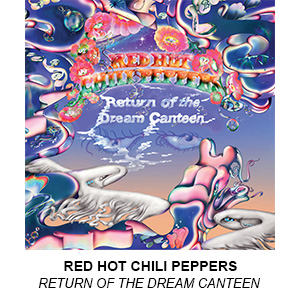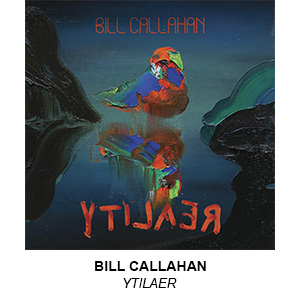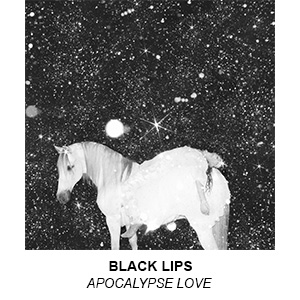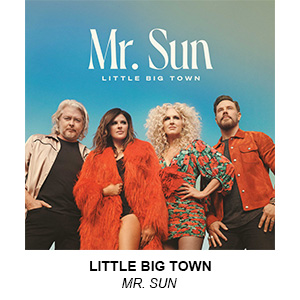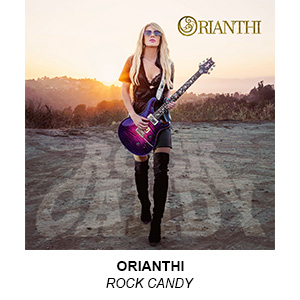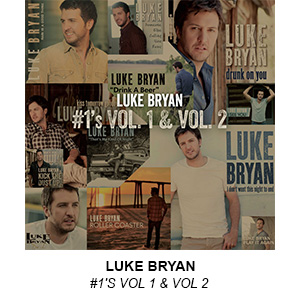Will Jane Arraf write about those strikes? No, The Whore of Baghdad has always licked where her bread was buttered. "The News We Kept To Ourselves," remember? He was describing what CNN kept secret for years about Iraq, what CNN correspondents didn't cover to keep the government happy. And who was CNN's correspondent? That's right, Jane Arraf.
The Whore of Baghdad. She'll die someday and people will note that she covered Iraq for decades -- for multiple outlets -- CNN, THE CHRISTIAN SCIENCE MONITOR, NPR, THE NEW YORK TIMES . . .
All those years, all those outlets but somehow she never broke one story.
That's how she kept her job -- by never reporting on anything that somebody else hadn't already reported on. So, as she did this week, she'll write about a bomb strike on Iraq if Iran can be implicated but the regular attacks on Iraq by Turkey -- going on for years now -- will be ignored by her over and over.
Now let's talk things people want noted and things we do note.
Or rather, what we don't note.
BLACK POWER MEDIA is a great outlet. We rarely note their Morning Mix programs. By the time I get to hear it, it's no longer morning. And if I don't hear it, I can't say "They take on " whatever. They don't note what each morning's episode is about. If they did, they'd get more streams. But they don't. And my time's limited so I'm not able to stream and figure it out. We note a lot of their content but we don't know the Morning Mix unless I've streamed it because I have to provide something other than "Morning Mix" to get people coming here to even consider streaming it.
By the same token, we're noting less of REVOLUTIONARY BLACKOUT than I'd like. But that's actually on them. 3 days ago, they did a segment with a term we're not going to use ever. Al Sharpton was their target. We're not using that term.
I just don't think it's appropriate here. They can do whatever they want but anything we repost here is not going to be that. I don't approve of racism and I don't approve of things that continue it. There are many terms one can use, for example, to note Colin Powell and how awful he is. I don't need to use the c-word. I don't need to perpetuate that term. It's a racist term and I'm just not going to allow it here.
I don't stream everything that goes up here. If it's text, I glance at it sometimes and that's it.
If I've streamed any of it on YOUTUBE, there's a thumbs up rating from me.
Danny Schechter has a friend who still e-mails this site and sometimes we note him and sometimes we don't. I'm sorry. Don't know what else to tell you other than that if you sound crazy, I'm not posting your writing.
Maybe you're not crazy, maybe you're bravely going where people need to be going. I don't know. But I'm not interested in it. There are still US troops in Iraq, we all know that right? And there is still a war going on there and the US government is still destroying the lives of Iraqi people.
So I'm not interested in your theories on a 'new world order.' Or how this or that is going to monitor us.
We are being monitored. Our government is illegally spying on us. You want to write about that, e-mail and I'll be happy to share it.
But there are too many immediate issues going on. How about those get covered?
Hip Hop Caucus. I'm just not interested in your churn out the vote efforts. Do you ever stand up for real issues? I don't know what you think you've accomplished. But maybe you're not trying to change the country maybe your just trying to get your share of the pork that whoring for a political party can provide?
You'd seem a lot more valid in our lives, HHC, if you stopped whoring for a party and started really addressing issues.
OZY? I know Krystal and Saager laugh at that company -- they also believe it no longer exists (wrong) -- but I'm fine with noting them here as long as it's not about any war. I don't think they should cover it. They don't know enough to do so or not enough to do so in a way that would please this community.
That's not me attacking them. You know, the way REVOLUTIONARY BLACKOUT's attacking Jon Stewart. They brought Kit on to attack him. He's "lost his damn mind" according to them.
No, he hasn't. Jon has done what he's always done. I'm real sorry that you're all so stupid and ignorant (like a 'documentary' on NETFLIX that just debuted this weekend) that you don't know the history of the person you're talking about. Jon is not a leftist. He's always been a centrist. That's what his nonsense rally was about. This is who he is. He hasn't 'lost his mind' though maybe RB and Kit have lost their own minds since they're too crazed to grasp this is what Jon has always done.
I know Jon and I like Jon. I disagree with him -- and he with me -- and that's fine. It's not the end of the world. That segment where's he attacked? It's the worst of rage theater.
He hasn't sold out. He hasn't betrayed anything. This is who he is and he's long been an admirer of Hillary Clinton. He's also working on his new show a national conversation, on bringing in everyone. Now he doesn't seem to grasp just how many of us are not being served by the duopoly. And that's a valid criticism. And you can scream "He's Dupe of the Duopoly" or something similar and you'd be making a valid critique but stop pretending that he's 'lost his mind' because he spoke with Hillary and Condi is a valid criticism. He hasn't changed at all, that's who Jon has always been.
You two helped burn Afghanistan, Pakistan, Iraq, Somalia, Libya, Syria, Yemen and Ukraine to the f**king ground. More than two million people are dead.
— Scott Horton (@scotthortonshow) November 19, 2022
So, tell us, what lessons do we need to learn from you about how necessary it all was?
Wow. Brilliant. Thanks. https://t.co/lCQ77Usue8
ANTIWAR.COM's Scott Horton is making a valid criticism.
It's a shame that RB and Kit are focusing somewhere else.
Kit really needs to be neutered. Clip them off so he will calm down. He's like a toy poodle yapping and never knowing what he's barking at.
So in eight or so hours Ava and I are going to be ripping apart a 'documentary' -- from a fool who could never keep a job and was fired from one of them for lying -- and we were both like, "Do we have to cover this?"
Because it gets old.
Having to call out this, having to call out that.
It gets old.
But what's the alternative?
The man who invaded Afghanistan and Iraq on lies, and the man who destroyed Libya, Syria and Yemen on lies, want to lecture us about disinformation. pic.twitter.com/wq9p5w9Xjt
— sarah (@sahouraxo) November 13, 2022
Sarah has to call them out in part because some on the slightly left used the Trump era to rehab Bully Boy Bush.
Did you miss Nance praising Bully Boy this week? I didn't miss it. I heard it and realized, "Oh, so there were more reasons than we knew why she blocked John Conyers from trying to impeach Bully Boy Bush."
On US presidents, let's note this,
Let's just skip the presidents who killed over a million people illegally abroad eg iraq. The way some Americans view their presidents sometimes ignores the ones who commit the worst crimes abroad. That is truly an America first mindset. https://t.co/Xkm9vQL9V6
— oti (@Oti09280470) November 20, 2022
The following sites updated;

